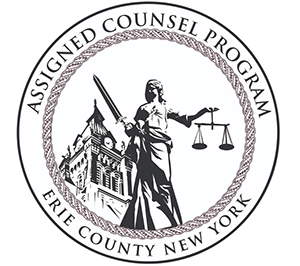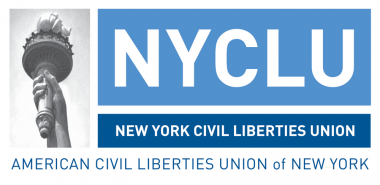The United States Constitution and New York State Constitution provide for a wide array of rights, especially when an individual is in an encounter with the police. Being aware of and exercising these rights can provide for a better outcome down the line.
You Have a Right to Remain Silent
All persons have a constitutional right to remain silent. That means that police or investigators cannot force you to answer questions against your will. Once you invoke the right to remain silent, the police cannot question you anymore.
Sometimes, even casual talk can become important later on and be used against you. It is usually best to exercise your right to remain silent and wait until you have an attorney. In short, it is unlikely that you will talk your way out of trouble; it is far more likely that you will make your situation worse.
You Have a Right NOT to Consent to Searches or Other Intrusions
When interacting with a police officer, the officer may ask you for consent to search your vehicle, home, cell phone, or any bag or container you may be carrying. You have a constitutional right to refuse such consent. Absent consent, the police are restricted as to what they can search, and any illegal searches can be challenged in court. It is important to be cooperative rather than combative, but be clear as to what you are and are not consenting to.
You Have a Right to An Attorney if You’re Arrested or Accused of a Crime
Any person accused of a crime has the right to an attorney under the United States Constitution and the Constitution of the State of New York. If that person cannot afford an attorney, an attorney must be provided for that person at the expense of the State.
At the Erie County Bar Association Aid to Indigent Prisoners’ Society Assigned Counsel Program (ACP), we provide attorneys at arraignment and throughout the case for those who cannot afford to hire an attorney.
Your attorney will: assess your potential liability, meet with you and discuss possible defenses, investigate the matter, advise you and accompany you to all court appearances. If a hearing or trial is necessary, your attorney will represent you at that proceeding. In the event that you are convicted by plea or after a trial, your attorney will advocate for you at sentencing as well.
You Have a Right to An Attorney While Being Questioned
When the police begin asking you questions, they will often read you what is called the Miranda Warnings. Regardless of whether or not they read you the warnings, you have a right to request the services and advice of an attorney. Once you do so, the police cannot ask you more questions and cannot request that you consent to searches or other intrusions without an attorney present.




